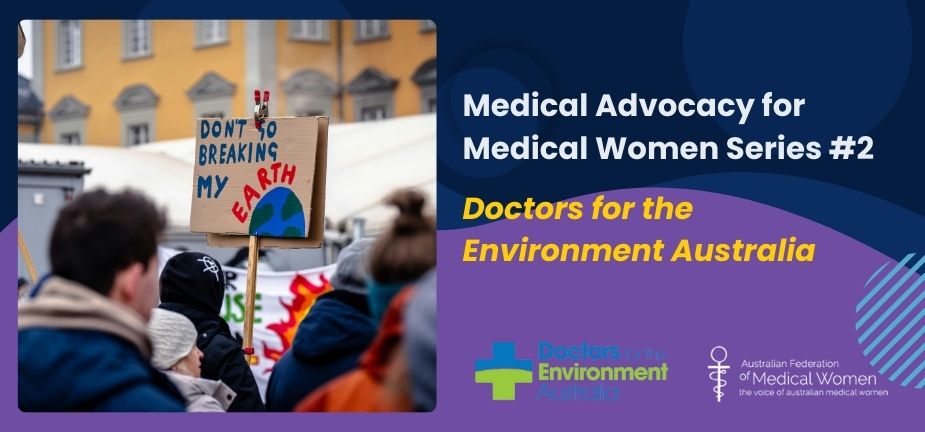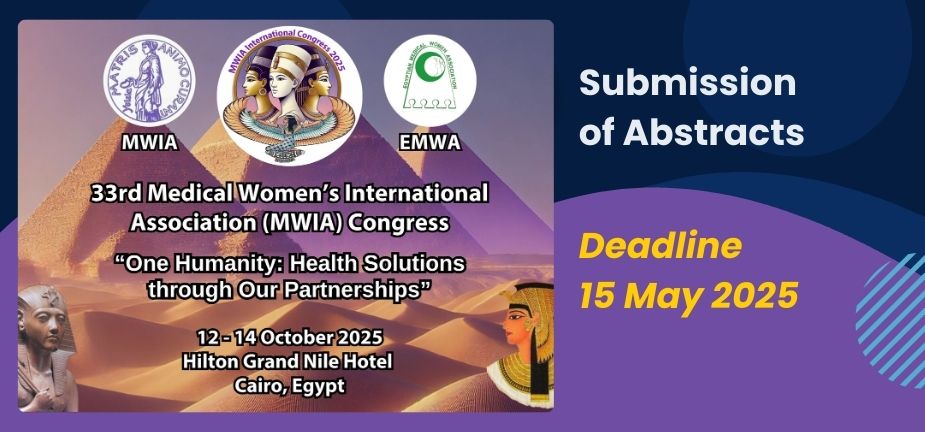I flew in to Golgobip by chopper from the closest accessible place by road, the mining town of Tabubil which is adjacent to the Ok Tedi Mine and a 3-4 hour drive from my base at Kiunga. I was lucky to fly, because the only other way here is via a gruelling three-day trek over rugged mountains and through dense jungle!
My helicopter was scheduled to leave at 7am, but left at 11am. Herein I discovered that the concepts of time and punctuality are very different in PNG. Additionally, many factors such as the weather affect even the tightest plans. It was an early lesson to be patient and “go with the flow”!
The 15-minute helicopter ride was breathtaking. We passed over dense jungle occasionally punctuated by huts and cleared land used for gardening. We ascended higher and higher into the mountains, finally arriving at Golgobip (meaning, place of the pandanus palm), which is flanked by dramatic limestone cliffs.
The clouds roll in and out of Golgobip during the day, revealing glimpses of the surrounding landscape and hints of sunshine. During my visit it rained almost constantly which made conditions extremely muddy! I was told there is an annual rainfall of 8 metres.
Golgobip, Star Mountains: emphysema and asthma due to smoky cooking fires
Golgobip Health Centre services the surrounding five villages which are within 10 minutes to three hours walk and have a combined population of about 1,000 people. It also supports the nearby aid post in Bolivip.
Enthusiastic nurses and health staff
I was impressed at how well run the clinic was and how enthusiastic the nurses and health staff were. The main illnesses seen are osteoarthritis, pneumonia, chronic lung disease and asthma, and cases of malaria from travels to the lowlands where the disease is endemic. Every year the health staff deliver about 20 babies in the clinic, with many more born in the villages.
Overall I found the people to be extremely fit and healthy, no doubt from all the walking and hard manual labour. I have never seen such large calf muscles in a population! The people in this region left quite an impression on me. Very hard-working, proud, generous and resilient.
They grow taro as their staple crop and have very few sources of protein – only frogs, tadpoles and the occasionally hunted cus-cus or pig. Tinned goods had not been available for six months due to problems with the small airstrip and therefore a lack of supplies to the village. Every day for these people involved very hard work just to survive.
Severe asthma and emphysema
A highlight of my clinic included seeing lots of “old biddies” as I affectionately called them. These women were probably only in their 50s but looked much older due to the hard lives they lead. They had walked for three hours to see me with quite severe emphysema and asthma, the result of years of being hunched over a smoky cooking fire in a poorly ventilated hut.
Back home in Australia most patients I have seen with the same severity of this condition would struggle to walk to their mailbox! Here in Golgobip seeing a white female doctor was obviously a novelty and resulted in many curious stares and giggles.
Sexual health talk for school children
Another highlight was giving a talk on sexual health, sexually transmitted infections, and family planning to school children aged between 12-20 years. There is a huge need for more sexual health education, access to contraception, and training of health workers in this remote area.
PNG has the highest rates of chlamydia, gonorrhea and other STIs in the Asia Pacific region and HIV is rapidly spreading. The population has risen from 2 to 6 million since the nation gained independence in 1975, and maternal mortality and infant mortality remain unacceptably high (733 maternal deaths per 100,000 births). Despite having mountains of condoms in the health centre in Golgobip, no-one had ever asked for one and the only contraceptive methods freely talked about is the rhythm method.
I was impressed at the attentiveness of the students and teachers and the many questions they asked. The teachers took notes and participated keenly, often raising their hands in the hope that I would pick them whenever I asked a question. I’m glad they attended, because one teacher thought TB and typhoid were STIs, much to the amusement of the students who seemed more cluey about the topic!
I hope they came away with messages of condom use to prevent STIs and unplanned pregnancies and that there are many other options available for contraception besides the rhythm method.
For more information about Dr Denise Wild’s experiences in PNG, or for information about volunteering opportunities in PNG for doctors please visit the Australian Doctors International website.









